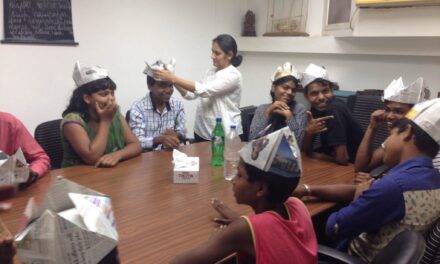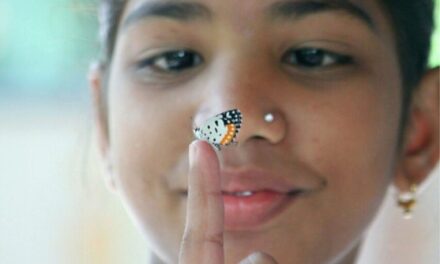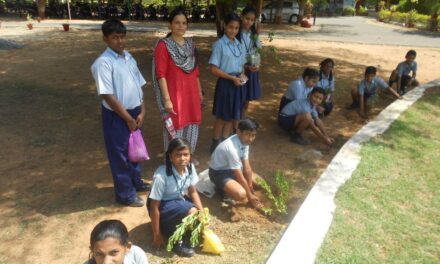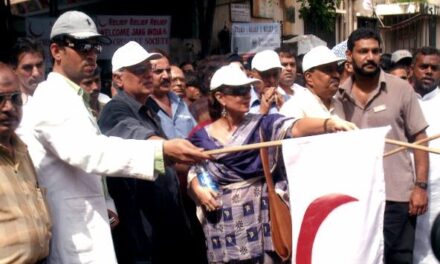Social Awareness: 5 sentences all adults need to know in case a child discloses sexual abuse
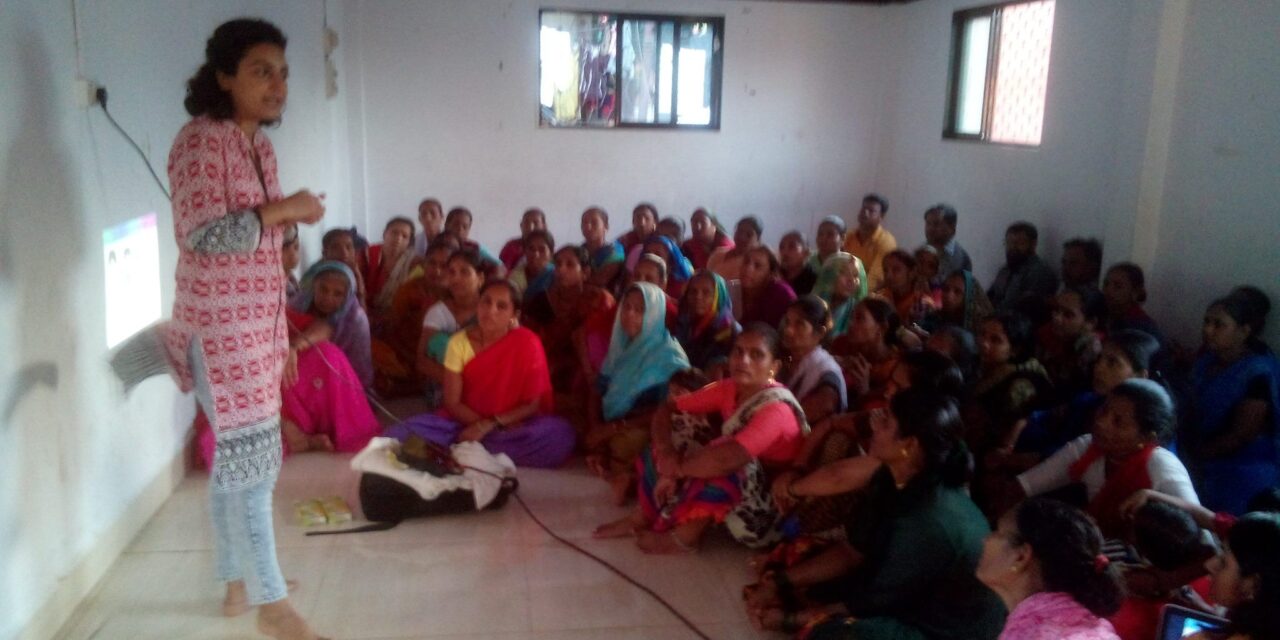

Picture: Rubaroo
A few sentences can help minimize the damage child can go through during a disclosure.
Nothing can really prepare a parent to face some of their deepest fears when it comes to their child’s safety. With growing awareness on Child Sexual Abuse, with greater media coverage and more children speaking out against abuse, it is important to learn how to handle First Level Disclosure.
The Shame And Guilt involved
Studies have revealed that CSA incidents can leave a victim with a deep sense of shame and guilt. Imagine the courage a child has to gather to finally be able to speak up. At that point you, as a parent or a trusted adult, need to be well equipped with the right words to deal with first level disclosure as this is a crucial moment for the child and his journey towards healing thereafter.
Acknowledging the courage of the child is the first step to ensuring continuous and secure communication channels. Let the child know that he/she did the right thing by telling you and emphasize that whatever happened was NOT the child’s fault. This first level conversation validates the child’s feelings and emotions and creates a safe space to share. Do not prod for details or ask too many questions, let the child speak, listen and absorb what he/she says.
1. “Thank you for telling me!” (Remember the child has chosen you to be the trusted adult, take this as a privilege)
2. “I believe you, you can tell me anything without being afraid, I will listen to you. It is very brave of you to come and tell me. You did the right thing.” (Children are usually ashamed/scared to tell because they feel like they won’t be believed or have been told by the ‘influential’ abuser that they won’t be believed. Acknowledge their courage, it will go a long way in encouraging the child to speak up and also help in the recovery process)
3. “It was not your fault. I know you may be feeling sad and scared, but remember you have done nothing wrong. I will try my best to help you.” (Shame and guilt are emotions most usually associated with sexual abuse. After all, matters related to our private body parts are not discussed openly in our society. Remove the sense of shame and the child will not have to carry the burden of guilt or shame, which is usually what happens when the child is blamed for the abuse. It is NEVER a child’s fault. A child never asks to be abused)
4. “Would you like to tell me about it?/Do you wish to share with me?” (ASK the child if he/she wants to share. If you force the child to speak, the child with clamp shut and it will be very difficult to get him/her to speak about it. Remember this child is scared, upset, angry…a combination of several emotions. Build trust, listen, give them the space to just let things out. If the child says No or refuses to speak further, it’s okay! Follow it up with ‘If you want to ever talk about it, know that I am there to listen to you, whenever you feel like talking..)
5. Lastly, avoid telling other people about the abuse without prior permission and knowledge of the child. Telling too many unnecessary people will indirectly bring the child into the ‘pity’ limelight and that can backfire. This child has had his/her trust broken, so it is vital to obtain the child’s permission and maintain a sense of trust. If you need to inform a spouse or a counsellor or even the police, you can say this “In order to keep you safe, I need to tell so and so. But I will only do it with your permission. I need to do this to ensure your safety.” If the child refuses, you HAVE to respect that and figure out other strategies to keep the child safe.
Take care of yourself too
As parents, such a situation can be very difficult to handle. But try to keep calm and not show signs of panic and distress-this is more difficult for your child to say than for you to listen, give him/her priority. Having said that, once this initial conversation is over, do take time to take care of yourself! Remember you are the one that can help your child. We are not born counsellors, hence it is important…nay…necessary to reach out to a mental health expert to know what to do or say next. One thing is clear, the abuse should be stopped immediately, make sure your child is physically safe before you start work on healing and therapy.
At Rubaroo, we are always open to helping and guiding parents on the what’s and how’s. Feel free to reach out. We will do our best to help.
Rubaroo is building a network of survivors of child abuse, here in India. Follow us here to read more about this, and head on over to www.silentnomore.in to join the fight. We request for 1 hour of your time, every month.
Ishita Manek is the co-founder of Rubaroo, an NGO that focuses on child sexual abuse. Write to her at rubaroo@gmail.com
This post was sent to us by Rubaroo and published as a part of our social outreach program, aimed at spreading awareness about social causes. If you are associated with an organization that is working towards bringing about a social change, feel free to reach out to us at editor[@]localpress.co










